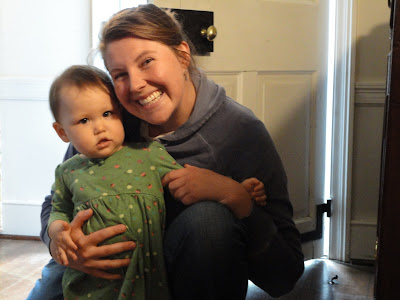
I have decided to start a new series of postings titled “signs of spring”. This self-imposed communication assignment is just an excuse to include walks and hikes into my daily routine, a way to get in shape for the farming season to come. Early spring farm work is all about precise seeding, filling trays, and making soil blockers- hardly tasks that improve one’s cardiovascular health. A focused walk with the goal of discovering and observing nature’s indicators of the spring season will be a welcome addition to my daily routine. An active step to peace of mind, spirit, and good health-productive slacking off so to speak.
My first of these “signs of spring” mission walks lead me to the swampy area at the edge of our woods, a place where I knew one of the earliest harbingers of the season can usually be found. I was not disappointed. The recently melted snow revealed the wine colored peaks of the skunk cabbage spathe emerging through the cold soil. A closer examination revealed the little knob of the spadix covered in small yellow flowers. I have always loved skunk cabbage, despite its strong smell. Skunk Cabbage is one of the few plants that have the ability to produce its own heat through a process called thermogenesis. Skunk cabbage also have these "smart" root systems that can literally pull the plant down into the swampy soil to protect it from storms and floods (triggered by some environmental indicator). It is just amazing to watch this plant change through the spring season. It reminds me of radicchio (in looks only—I am pretty sure skunk cabbage is poisonous to humans) when it first comes through up through the earth. Later on in the spring, the plant will generate large waxy green leaves that smell “skunky” when broken or crushed—giving rise to its descriptive and appropriate name.
In the wonderful collection of nature writing Notes From Turtle Creek, author Ted Browning writes of a winter class and nature walk he lead at the BVA's Myrick Center, with the focus being skunk cabbage. Teddy ends this column (the book is a collection of natural history themed essays he wrote for the Kennett Paper in the mid to late 1980s) titled "The First Flower of Spring" with the following paragraphs:
After a hearty trek, we reached the ancient colony of skunk cabbage deep in the Myrick woodland. Most of the plants sat in little circles of cleared ground -- they had melted the snow around them with internal fire. We indulged in some good old belly botany, flopping on the snow to look inside the plant. On one plant a tiny spider had woven a web across the opening to catch pollinating flies. We were amazed at the size of certain plants, deeply knobbed and convoluted, swirly red-blotched masses of plant tissue fully twice the size of plants usually seen. If recent research is near the mark, these plants could be very old, for it is now believed that cabbage plants can live up to 700 years.
It was impossible not to feel wonder and even awe as we studied the ancient colony and though about what we had learned: wonder in response to the astonishing things the plant can do; awe in realization of the near perfection of environmental adaptations. This plant is deeply beautiful in ways we hadn't thought of. We dismiss the skunk cabbage as a common, unattractive thing with a bad smell. And, unlike decorative garden plants, with their exuberance of colors, shapes and perfumes, the beauty of the skunk cabbage is like that of the earth itself-a rich, fecund, intricate, sometimes obscure sort of beauty. It is a beauty that results when living organisms evolve into near-perfect harmony with the soil, the rocks, the water, the other creatures that make their world - with their enviroment.
-February 19, 1987





I leave you with more pictures from my walk, along with Mary Oliver's wonderful poem about skunk cabbage.
Skunk Cabbage
And now as the iron rinds over
the ponds start dissolving,
you come, dreaming of ferns and flowers
and new leaves unfolding,
upon the brash
turnip-hearted skunk cabbage
slinging its bunches leaves up
through the chilling mud.
You kneel beside it. The smell
is lurid and flows out in the most
unabashed way, attracting
into itself a continual spattering
of protein. Appalling its rough
green caves, and the thought
of the thick root nested below, stubborn
and powerful as instinct!
But these are the woods you love,
where the secret name
of every death is life again - a miracle
wrought surely not of mere turning
but of dense and scalding reenactment. Not
tenderness, not longing, but daring and brawn
pull down the frozen waterfall, the past.
Ferns, leaves, flowers, the last subtle
refinements, elegant and easeful, wait
to rise and flourish.
What blazes the trail is not necessarily pretty.
-Mary Oliver


























